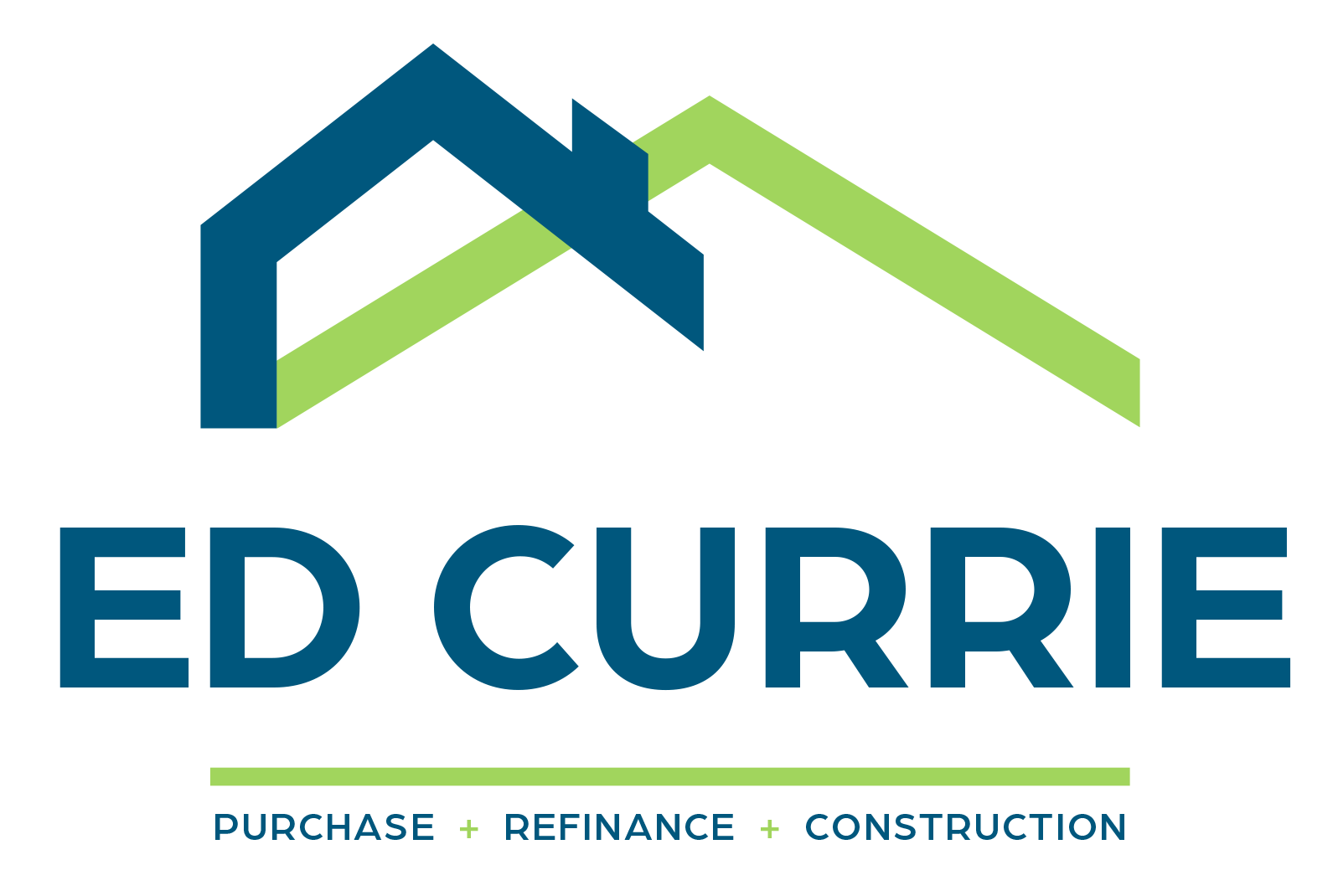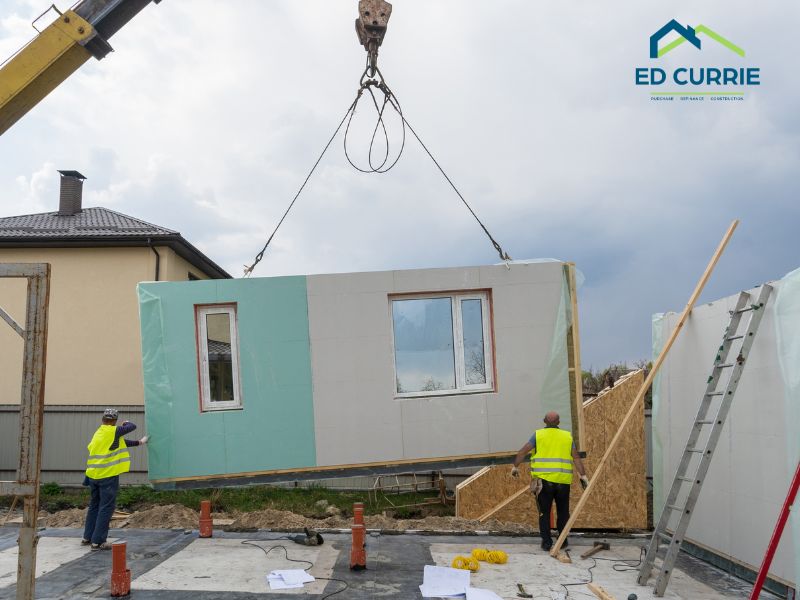 Before taking out a mortgage to buy a home, it’s time to take a realistic survey of your finances so that you can determine your price range and what size of home you can comfortably afford.
Before taking out a mortgage to buy a home, it’s time to take a realistic survey of your finances so that you can determine your price range and what size of home you can comfortably afford.
Buying a home that suits your finances will mean that your mortgage payments will be easily within your budget and won’t cause you financial stress.
Stay In Your Price Range
Many people, when offered a large mortgage by the bank, are tempted to buy homes that are outside of their price range.
It’s easy to see why a larger property or a more luxurious home might be appealing, but by stretching too far beyond your means you are courting with disaster.
If your monthly mortgage rate just barely fits within your budget, without room for savings, retirement contributions, or to build up an emergency fund – it will only be a matter of time before things start to get tight.
What happens if you lose your job, or if your income decreases? If you are unable to meet your mortgage payments, it is easy to slip very quickly into debt or even bankruptcy. This is why it is so crucial to buy a home that fits your budget.
Here Are Some Questions To Ask Yourself For Figuring Out How Much Mortgage You Can Comfortably Afford:
- Make a detailed budget that chronicles your monthly incomings and outgoings. How much money do you really have each month to work with?
- What type of safety net do you have if something goes wrong, in terms of savings and family support?
- How large of a down payment are you able to save up? At least 20% of the property cost is recommended, but more is always better.
- How much outstanding debt do you have from your other lenders, such as your credit card debts, your bank loans, student loans, etc?
- How stable is your income? Do you have a steady paycheck or are you self-employed with variable income?
- Are you willing to change your lifestyle and lead a more frugal life to get the house you want? Is there anywhere you can cut expenses and spend more on your mortgage payment?
- What will be the total of all of the costs associated with purchasing the home, including closing costs, inspections and other fees?
- What are the costs associated with moving? Don’t forget to include the moving van, new appliances, hotel expenses, gas and meals out during the transition period.
Once you have asked yourself these questions and taken a close look at your budget, you will be able to determine realistically what you can afford when buying a home – so that you can find that dream home that meets your budget. For more helpful advice, contact your trusted mortgage professional.
Before taking out a mortgage to buy a home, it’s time to take a realistic survey of your finances so that you can determine your price range and what size of home you can comfortably afford.
Buying a home that suits your finances will mean that your mortgage payments will be easily within your budget and won’t cause you financial stress.
Stay In Your Price Range
Many people, when offered a large mortgage by the bank, are tempted to buy homes that are outside of their price range.
It’s easy to see why a larger property or a more luxurious home might be appealing, but by stretching too far beyond your means you are courting with disaster.
If your monthly mortgage rate just barely fits within your budget, without room for savings, retirement contributions, or to build up an emergency fund – it will only be a matter of time before things start to get tight.
What happens if you lose your job, or if your income decreases? If you are unable to meet your mortgage payments, it is easy to slip very quickly into debt or even bankruptcy. This is why it is so crucial to buy a home that fits your budget.
Here Are Some Questions To Ask Yourself For Figuring Out How Much Mortgage You Can Comfortably Afford:
- Make a detailed budget that chronicles your monthly incomings and outgoings. How much money do you really have each month to work with?
- What type of safety net do you have if something goes wrong, in terms of savings and family support?
- How large of a down payment are you able to save up? At least 20% of the property cost is recommended, but more is always better.
- How much outstanding debt do you have from your other lenders, such as your credit card debts, your bank loans, student loans, etc?
- How stable is your income? Do you have a steady paycheck or are you self-employed with variable income?
- Are you willing to change your lifestyle and lead a more frugal life to get the house you want? Is there anywhere you can cut expenses and spend more on your mortgage payment?
- What will be the total of all of the costs associated with purchasing the home, including closing costs, inspections and other fees?
- What are the costs associated with moving? Don’t forget to include the moving van, new appliances, hotel expenses, gas and meals out during the transition period.
Once you have asked yourself these questions and taken a close look at your budget, you will be able to determine realistically what you can afford when buying a home – so that you can find that dream home that meets your budget. For more helpful advice, contact your trusted mortgage professional.



![EdCurrie_Logo White[Transparent] EdCurrie_Logo White[Transparent]](https://edcurrie.com/wp-content/uploads/elementor/thumbs/EdCurrie_Logo-WhiteTransparent-qybu3sjgpfhje9098uitv7fpt7os2hgn52gfy6ocx4.png)